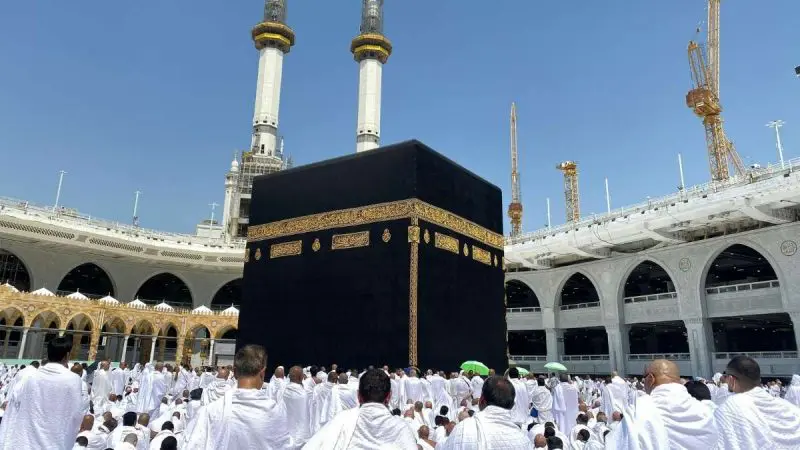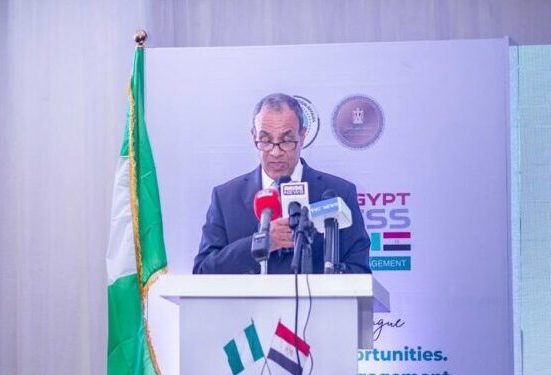Egypt has announced that it will officially end all Hajj pilgrimages by road beginning with the 2026 season, following recent policy changes by the Kingdom of Saudi Arabia that bar foreign buses from operating within its territory during the annual religious exercise. The decision, confirmed by Egyptian authorities and reported in multiple national dailies, marks a significant shift in how Egyptian pilgrims will access the holy sites of Islam moving forward.
According to Hamza Anaby, a senior official with the Egyptian Federation of Tourist Chambers, the transition away from land travel is being driven by Saudi Arabia’s new directive to manage internal pilgrim transport using only its own national fleet. This move forms part of the Kingdom’s broader effort to modernize and streamline pilgrimage logistics under its ambitious Vision 2030 initiative. By reducing traffic congestion and increasing regulatory oversight, the Saudi government aims to ensure greater safety, efficiency, and comfort for the millions of faithful who converge on Mecca each year.
In light of this development, Egypt will now recalibrate its entire Hajj logistics framework to prioritize air and sea travel for its citizens. This means that thousands of Egyptian pilgrims who traditionally travelled by bus will, starting in 2026, need to board flights or ships either from Cairo, Alexandria, or other designated hubs. This transformation, while necessary, is expected to affect the cost structure of future Hajj packages, many of which may be revised to reflect the increased expenses tied to air and maritime travel.
Government agencies, including the Ministries of Tourism and Religious Endowments, are said to be working closely with the Federation of Tourist Chambers to develop affordable yet high-quality Hajj packages that comply with the new Saudi regulations. Stakeholders are also coordinating to finalize logistics regarding port of departure, flight scheduling, and on-ground transport once pilgrims arrive in the Kingdom.
Egyptian pilgrims who have already been accustomed to the overland route, which is often seen as more cost-effective, may need to adjust both financially and logistically. However, officials insist that efforts are underway to minimize the financial burden on low- and middle-income pilgrims while upholding the quality of service and spiritual experience.
The official guidelines for Egypt’s 2026 Hajj operations, which will provide detailed instructions regarding travel channels, processing procedures, and pilgrim support services, are expected to be released in the coming days. For now, all eyes are on how efficiently the Egyptian authorities will manage this large-scale logistical transformation ahead of one of the most spiritually significant annual events for Muslims around the world.







